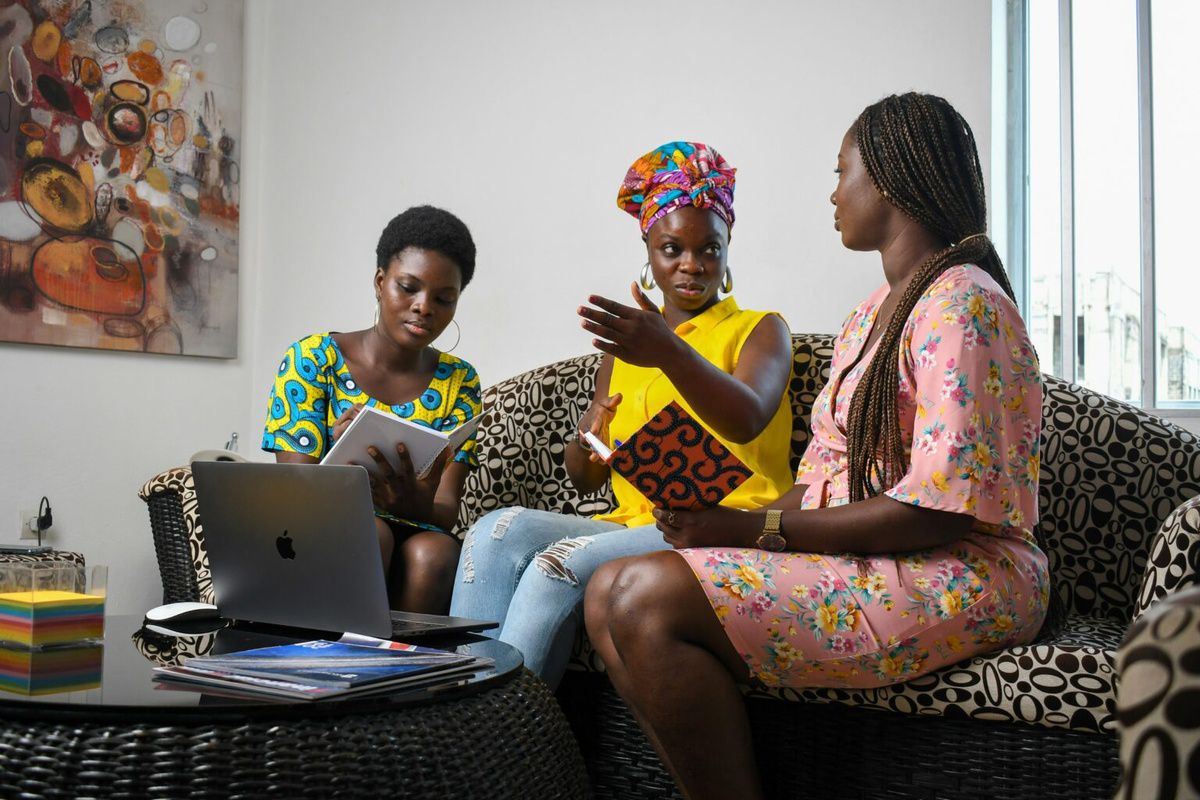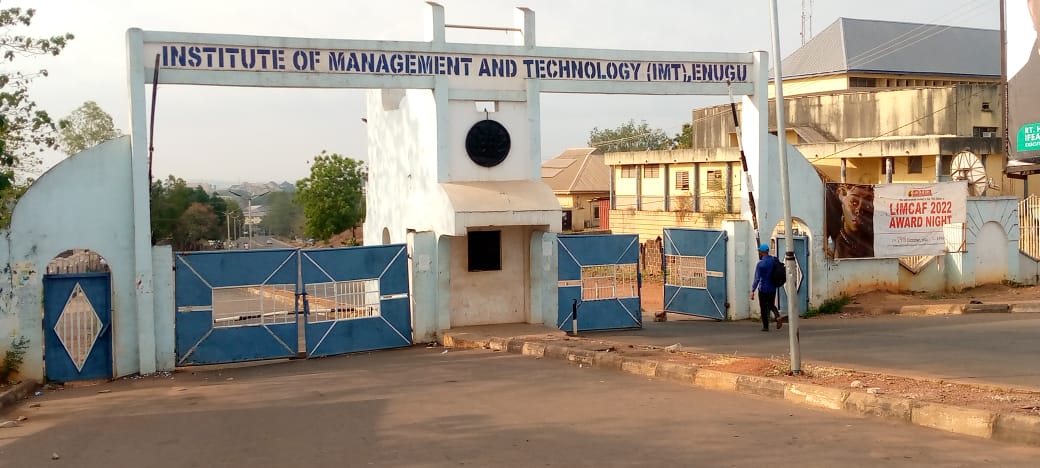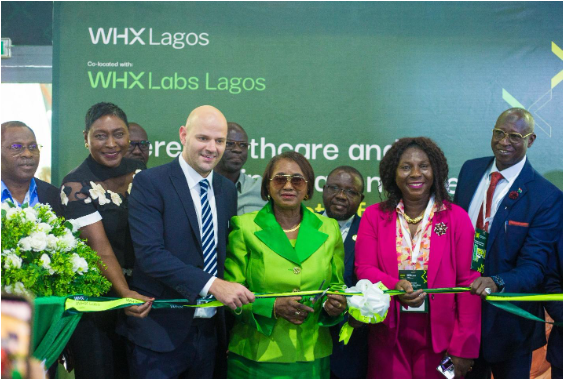Nigeria Must Decolonise Science, Embrace Self-Reliance – Virologist

A renowned virologist and public health expert, Prof. Oyewale Tomori, has called for a radical ethical shift in Nigeria’s scientific community.
Tomori made the call during a presentation titled “Decolonising Science: Ethical Approaches Required” on Tuesday in Abuja at a national conference themed “Exploring Excellence in Ethical Conduct, Leadership for Research Integrity Through Empowerment” (EXCEL-RITE).
The conference, which started on Monday, April 28, was organised in partnership with the National Health Research Ethics Committee (NHREC) and the Institute of Human Virology Nigeria (IHVN).
The conference, slated for 3 days, urges researchers, institutions, and policymakers to abandon fragmented approaches and instead embrace collaborative frameworks that foster integrity, innovation, and measurable impact across Nigeria’s scientific and public health landscape.
EXCEL-RITE seeks to promote a culture of ethical and transparent research across academia, government, and industry.
He stressed the need for Nigeria to confront and dismantle lingering colonial and racist frameworks that continued to shape scientific research and education across the continent.
“We must undo the past and present racist and colonial hegemony of Western science over other equally legitimate knowledge and ways of knowing. True decolonisation requires confronting colonising practices with indigenous studies funded by African governments and rooted in African society,” he stated.
The health expert warned that Nigeria’s overreliance on foreign aid perpetuated a cycle of underdevelopment, likening aid to a “band-aid” on the deep wounds of poor governance and systemic mismanagement.
“Aid benefits the giver more than the recipient,” he said, urging the federal government to stop seeking external assistance and instead mobilise the country’s vast resources.”
Citing the health sector as a troubling example, Tomori pointed out high maternal mortality rates and recurring outbreaks of preventable diseases such as measles, cholera, and Lassa fever.
He also highlighted the continued loss of health workers to infectious diseases, decades after the illnesses were first identified, as a sign of systemic failure in translating scientific knowledge into lasting public health solutions.
“Our science has not made a dent in improving Nigeria’s development. Today, 67 out of every 1,000 children die before they reach their first birthday, and 105 die before starting primary school,” he said.
He stressed that real progress would come from ethical, culturally grounded science driven by local needs and led by Nigerian scientists, not just as researchers but also as mentors and advocates for national progress.
Tomori further advised Nigerian governments and researchers to reduce their reliance on Western guidance during public health crises, encouraging greater confidence in local expertise and pointing to the COVID-19 and monkeypox responses as reminders of the need for scientific self-reliance.
Calling for urgent reforms, he said, “We must create enabling environments that encourage innovation, stop brain drain, and reverse the illegal transfer of our resources. No one, except us, will solve our problems.”
In a passionate appeal to Nigerian scientists, he said, “Stop thinking outside the box. Get out of the bondage of the box.”
Nigeria Must Decolonise Science, Embrace Self-Reliance – Virologist is first published on The Whistler Newspaper




